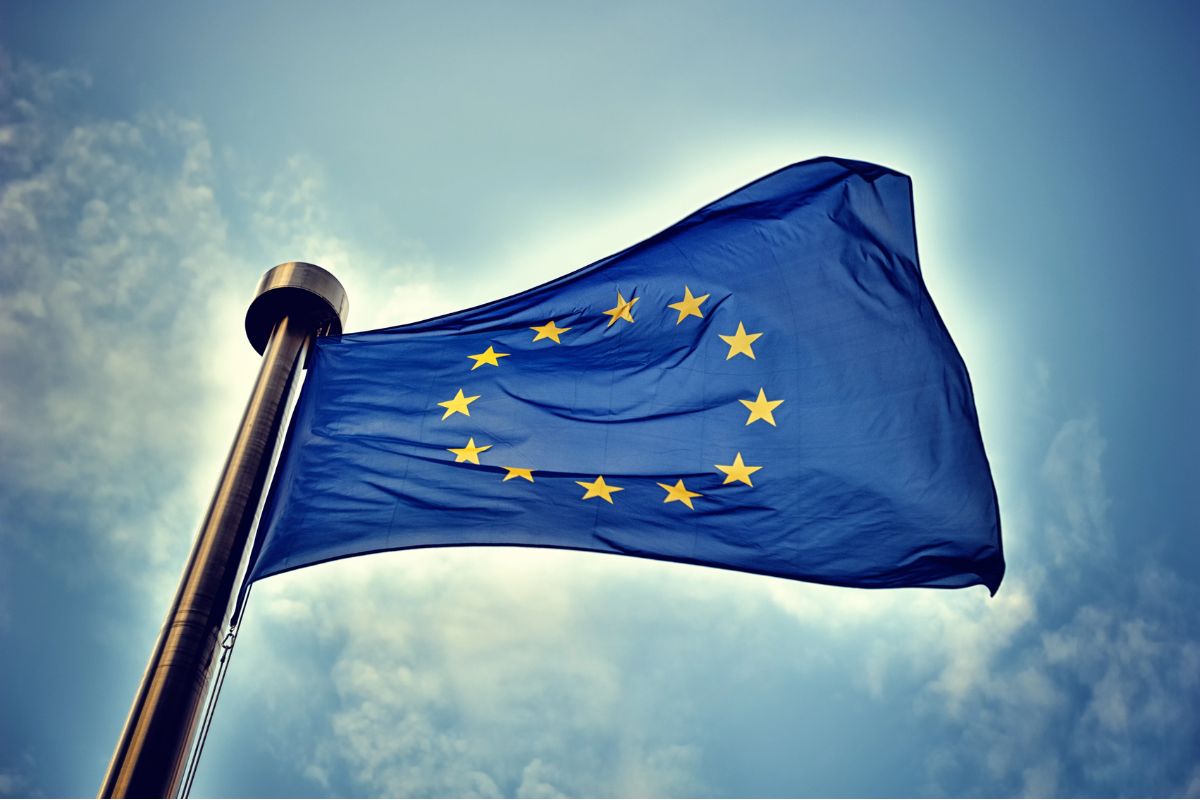If you’re from a country that enjoys visa-free travel to Europe, big changes could be on the horizon. The European Union is preparing to approve major updates to its Visa Suspension Mechanism, and these changes may impact millions of travellers who currently enter the Schengen Area without a visa.
A new agreement between the European Parliament and the EU Council introduces stricter enforcement, broader political criteria, and longer suspension periods for visa-free travel. Countries most likely to feel the impact early on include those in:”
- Eastern Europe
- The Balkans
- Latin America
- The Caribbean
- Parts of Asia
Key Changes: Visa-Free Access Is Now Conditional
The revised rules mark the most significant shift in EU visa policy in over a decade. Previously based largely on irregular migration data, the mechanism now takes geopolitical, security, and diplomatic factors into account. Here’s what’s changing:
1. Political and Security Red Flags Now Trigger Suspension
Visa-free countries will be monitored more closely for:
- Golden passport schemes: Nations offering citizenship to investors without meaningful ties may face immediate scrutiny.
- Visa policy mismatches: If a country allows travellers from high-risk regions without proper vetting, it could be seen as a security risk to the EU.
- Human rights or diplomatic violations: Deteriorating political relations or violations of international law may lead to suspended access.
- Hybrid threats and weak border systems: This includes cyberattacks, fraudulent passports, and document security loopholes.
2. Measurable Migration Thresholds Now Apply
The EU has defined specific metrics for triggering a suspension:
- A 30% rise in asylum claims, overstays, or rejected border entries from a particular country.
- An asylum acceptance rate below 20% over a defined period.
These new benchmarks ensure faster response times and reduce the room for interpretation or delay.
3. Longer Bans, Stricter Consequences
Under the new system:
- Suspensions can now last up to 36 months, compared to 6 or 12 months previously.
- The initial ban of 12 months can be extended by an additional 24 months if the country doesn’t resolve the issue.
- Permanent revocation of visa-free access is now possible for repeated non-compliance.
4. Targeted Sanctions for Govt. Officials
One notable improvement is the EU’s decision to target specific decision-makers, such as government ministers or diplomats, instead of imposing blanket bans on entire populations. This more precise approach aims to pressure national governments without punishing ordinary citizens unnecessarily.
5. Who Is Likely to Be Affected?
While no country has yet been suspended under the new rules, several nations are already under scrutiny, including:
- Albania, Serbia, Georgia, Moldova, and Ukraine
- Certain Caribbean nations are offering investor citizenship programs
If your country has experienced high volumes of asylum rejections or is facing diplomatic friction with the EU, it may be among the first to face suspension.
What Should Travellers and Governments Do Now?
Travellers
- Stay informed about your country’s relationship with the EU.
- Check regularly for updates on visa requirements, especially before booking trips.
- If you’re a student, digital nomad, or business traveller, have backup plans in place.
Governments
- Cancel or reform any citizenship-for-investment schemes that lack proper safeguards.
- Align the visa policy with EU standards to prevent backdoor migration risks.
- Strengthen passport systems and border cooperation.
Stakeholders
- Airlines, universities, and multinational employers should monitor developments closely.
- Consider alternative procedures for student admissions and international hiring in case of sudden suspensions.
What’s the Timeline?
The deal is currently provisional, but final approval by the European Parliament and EU Council is expected within weeks. Once adopted, the law will apply uniformly across all 27 EU member states. The first suspensions under the new rules could follow soon after.
Visa-Free Travel Is No Longer Guaranteed
The EU’s message is clear: Visa-free travel is a privilege, not a right. As global tensions rise and migration pressures increase, the Union is equipping itself with stronger tools to respond quickly and decisively.
This policy shift sends a clear message: visa-free access is a privilege, not a right. In today’s volatile geopolitical environment, the EU is equipping itself with the tools to act quickly and decisively.
If you benefit from visa-free entry to Europe, now is the time to stay alert, stay informed, and prepare for change.
Follow and connect with us on Facebook, Twitter, LinkedIn, Instagram and Google News for the latest travel news and updates!
